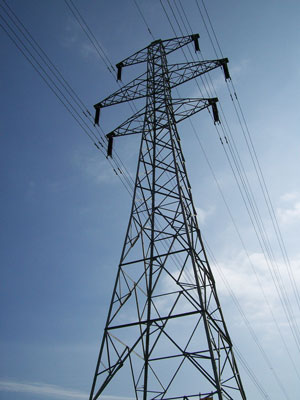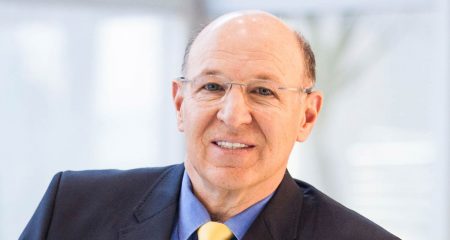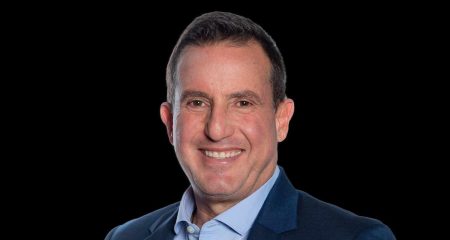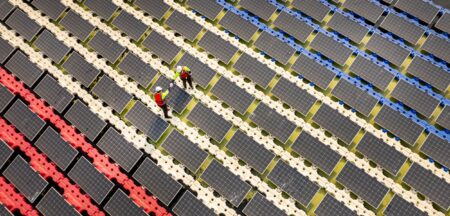 The national energy regulator confirmed on Wednesday that it aims to heed Eskom’s call to have South Africans pay cost reflective electricity prices by 2018.
The national energy regulator confirmed on Wednesday that it aims to heed Eskom’s call to have South Africans pay cost reflective electricity prices by 2018.
Nersa’s Thembani Bukula said the regulator would receive Eskom’s medium term tariff application, called MYPD3, by the end of the month, and then hold consultations for two months before deciding the increase regime for the next five years.
“We have done our own calculation of what the price increase needs to be, to be cost-reflective. Our own model gives us an impression but we need certain inputs from industry,” he said on the sidelines of a briefing to parliament’s portfolio committee on energy.
The consultation period will end on 30 November. Nersa will then hold public hearings on the tariff increases in January, before announcing a decision at the end of February next year, he told the committee.
Eskom’s spokesman Hilary Joffe confirmed that Eskom received extensive comment on its application from national treasury and the SA Local Government Association (Salga) on Tuesday.
Asked whether the finance ministry recommended Eskom adjusts its application, Joffe declined to comment. Eskom has also been tight-lipped on reports that leaked documents reveal it is demanding annual increases of between 14,6% and 19%.
Eskom applied for increases of 45% in its MYPD2 submission for 2009 to 2012, and treasury recommended that this be downscaled to 35%.
Nersa awarded increases of roughly 31% annually but this was adjusted to 16% in the past two years, after government waived dividends of some R7,7bn.
Bukula noted that this reprieve to the consumer moved back the goalposts on achieving tariff reflectivity, hence the new target of 2018.
“Ultimately the goal is inflation related increases, but we have to take a detour of becoming cost-reflective to cover the cost of the plants and to deal with the fact that we have old infrastructure.”
He added that in terms of taxpayers footing the bill for capital expansion, he believed “we are over the hill now and going downwards”.
Responding to a question from opposition MP Lance Greyling, Bukula said Nersa had leverage in making sure Eskom went about expanding infrastructure in a cost efficient way.
He confirmed that Nersa was looking into complaints about problems with the utility’s contract with Hitachi to supply boilers for its new Medupi and Kusile plants, and would fine Eskom if it were at fault.
“On penalties for Hitachi, the jury is still out. All of these things are going to be out in the open in the regulator’s account.”
The regulator would also take into account the re-evaluation of Eskom’s assets, which could differ from the assessment it submitted in its MYPD2 application. Bukula also reiterated Nersa’s commitment to keeping Eskom’s credit rating stable.
In May, Eskom’s finance director Paul O’Flaherty told MPs the utility needed tariffs to reach a price level of 90c/kWh in real terms, in five years, to complete its R385bn build programme and pay off its debt. — Sapa




